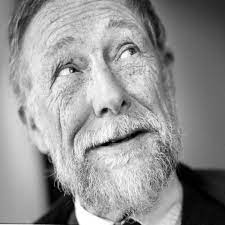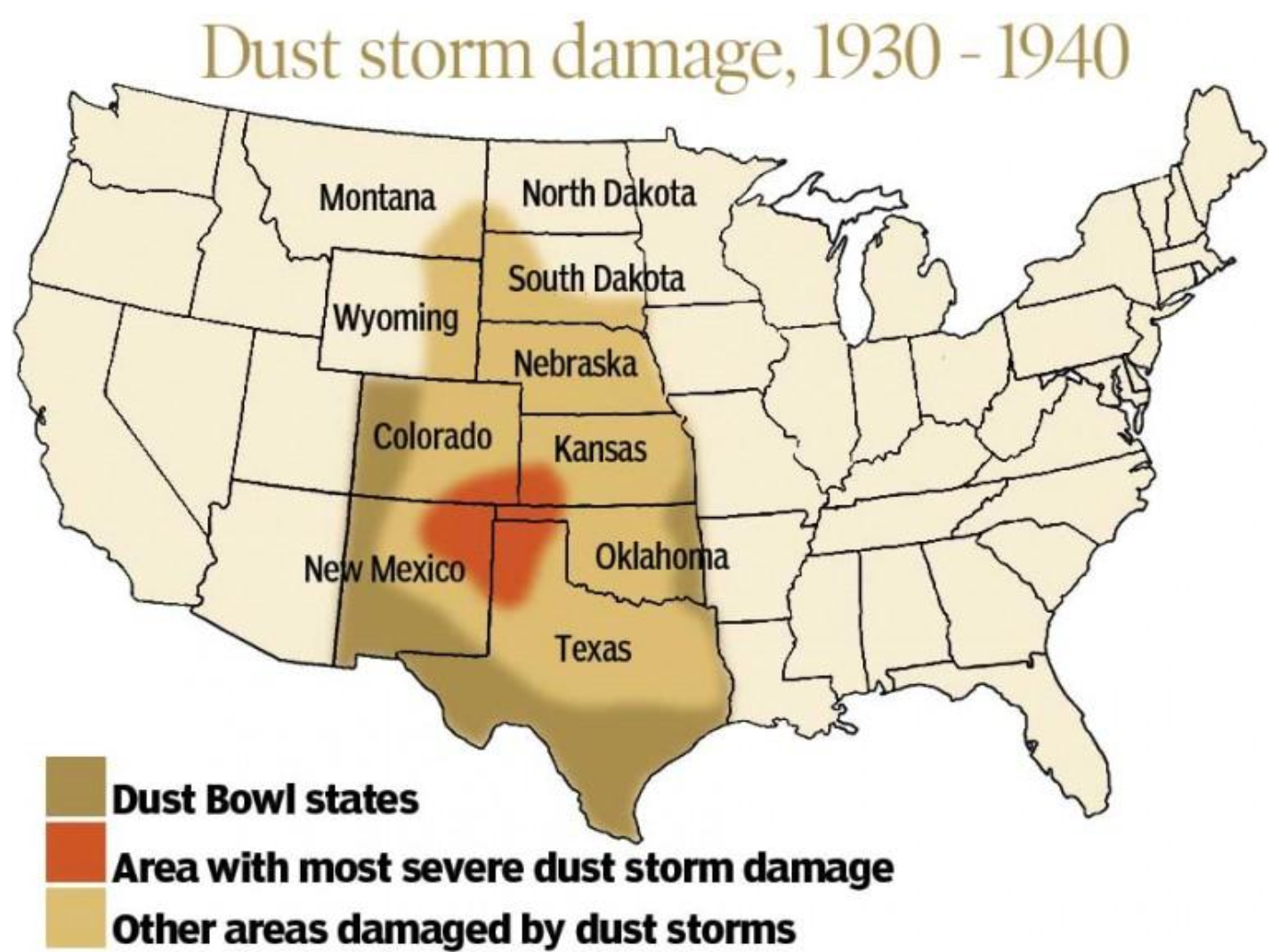Answer to one or more of the following:
1. Why the title?
2. There are some passages of "Unnatural Writing" that may be read as implicit comments on Emerson's "Nature". Comment on possible points of (dis)agreement between Emerson and Snyder.
3. Which of Snyder's recommendations for a "New Nature Writing" most intrigue you and why.


.jpeg)
1. Why the title?
ReplyDeleteNature writing is a type of writing about the environment and the people in it. The author says that due to its subject matter (subjects other than the mainstream occidental writings), nature writing isn't highly regarded in literary establishments. But he argues that there is in fact no "unnatural writing", that is, no matter what we write about, there is always at least a bit of nature involved, even if it is not the main focus.
The title `Nature` refers to nature as the common usage. The idea of nature is something that’s out there, nature is animals, trees, it’s the part of the world that is not denigrated by human activity and human intervention. Its is something that doesn’t include human interaction. Nature refers to essences that are unchanged by humans. It´s something that´s outside of us but it’s also something that in all ways includes us.
ReplyDeleteLetícia Castanhel
ReplyDelete1. In the author’s view, “Natural Writing” is a literary form written through the human body’s perspective, since there is the the assumption which “our species (…) without much self-examination (…) “know” whatever it looks at.”. In addition, Snyder explains that natural writing is still undercooked by literary establishments considering it does not spread values, ideas and the morality transmitted by the elites. Also, the human achievement is still very much in a central position compared to the freedom and autonomous life of the natural world. Ultimately, the title alludes to a type of writing highly defined by the human-centered point of view and it is not as realistic, self-determined, free from the human influence. In this context, it is self explanatory why Snyder chose “unnatural writing” for the title.
1. Why the title?
ReplyDeleteSnyder presents the readers with a notion of “Nature Writing” that is both different and quite unpopular among modernist writings. “Nature Writing” has the particularity of focusing on a complete and authentic notion of Nature - with the dark parts, its brutality, its dangers.
The author winds up criticizing how this approach to writing has been diminished exactly because of its authenticity, “because it focused on something other than the major subject matter of mainstream occidental writing”(60).
The tittle “Unnatural Writing” follows this critique, recognizing this literature as a fabricated Nature, a nature concentrated in the human and its relation with nature, or even as a mythical nature.
2. Which of Snyder's recommendations for a "New Nature Writing" most intrigue you and why.
ReplyDeleteMost of Snyder’s recommendations for a “New Nature Writing” are intended to build a writing established on a more informed, objective way in order to truly shift the course of Nature and of the “Unnatural Writing”.
The “New Nature Writing” pursued by Snyder would fit in the so called Ecopoetics as it would have a strong ecological emphasis and/or message.
Even thought I find the author’s suggestion a valuable asset to the understanding of Nature in its raw manner and incredibly important for the pursue of the praxis aspect of it. I find Snyder’s prepositions excessive, its almost like a poet need to be a scientist and have high education is aspects related to Nature to be able to achieve Snyder’s “New Nature Writing”.